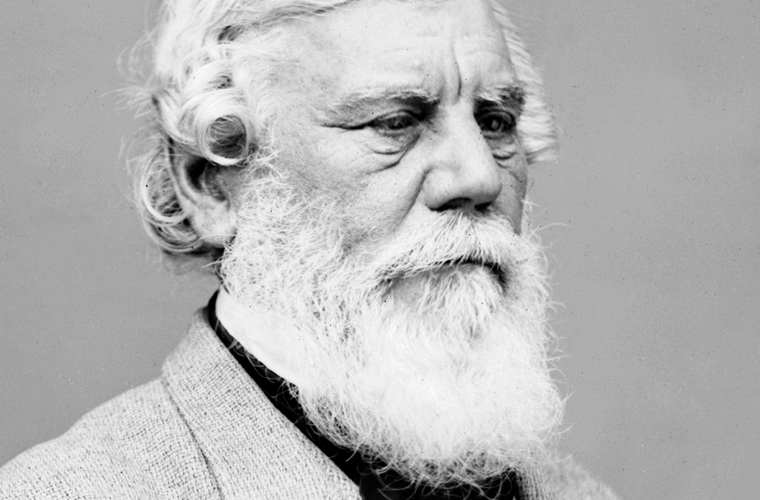William Aiken was an American businessman and politician who lived in the 19th century. He was born in Charleston, South Carolina, in 1806, and he went on to become one of the wealthiest and most influential men in the state. Aiken began his career as a merchant, and he eventually went on to become a successful manufacturer and exporter of cotton textiles. He owned several cotton mills and was known for his innovative business practices, including the use of steam power to run his factories.
In addition to his business interests, Aiken was also involved in politics. He served in the South Carolina House of Representatives from 1834 to 1835, and he later served as governor of the state from 1844 to 1846. As governor, Aiken was known for his support of public education and for his efforts to modernize the state’s infrastructure. Aiken’s political career was cut short by the outbreak of the Civil War. Although he was initially opposed to secession, he eventually sided with the Confederacy and served as a delegate to the Confederate Congress. After the war, Aiken was briefly imprisoned for his Confederate sympathies, but he was later pardoned by President Andrew Johnson.
Aiken is remembered today for his contributions to the economic and political development of South Carolina. He played a key role in the state’s transition from an agricultural to an industrial economy, and he worked to improve the lives of ordinary South Carolinians through his support of public education and infrastructure development.
Unfortunately, William Aiken was also a slave owner. Like many other wealthy individuals in the South during the 19th century, Aiken owned enslaved people who worked on his cotton plantations and in his cotton mills. According to historical records, Aiken owned as many as 700 enslaved people at the peak of his plantation operations.
While Aiken was a successful businessman and politician, his wealth and success were built on the backs of enslaved people who were forced to work without pay and without any say in their own lives. Slavery was a deeply entrenched part of the southern economy during Aiken’s lifetime, and many of the wealthiest and most influential people in the region were slave owners.
It is important to acknowledge and remember the role that slavery played in the lives of individuals like William Aiken, even as we celebrate their other achievements and contributions. Slavery was a horrific institution that caused immeasurable suffering and injustice, and its legacy continues to impact our society today.

